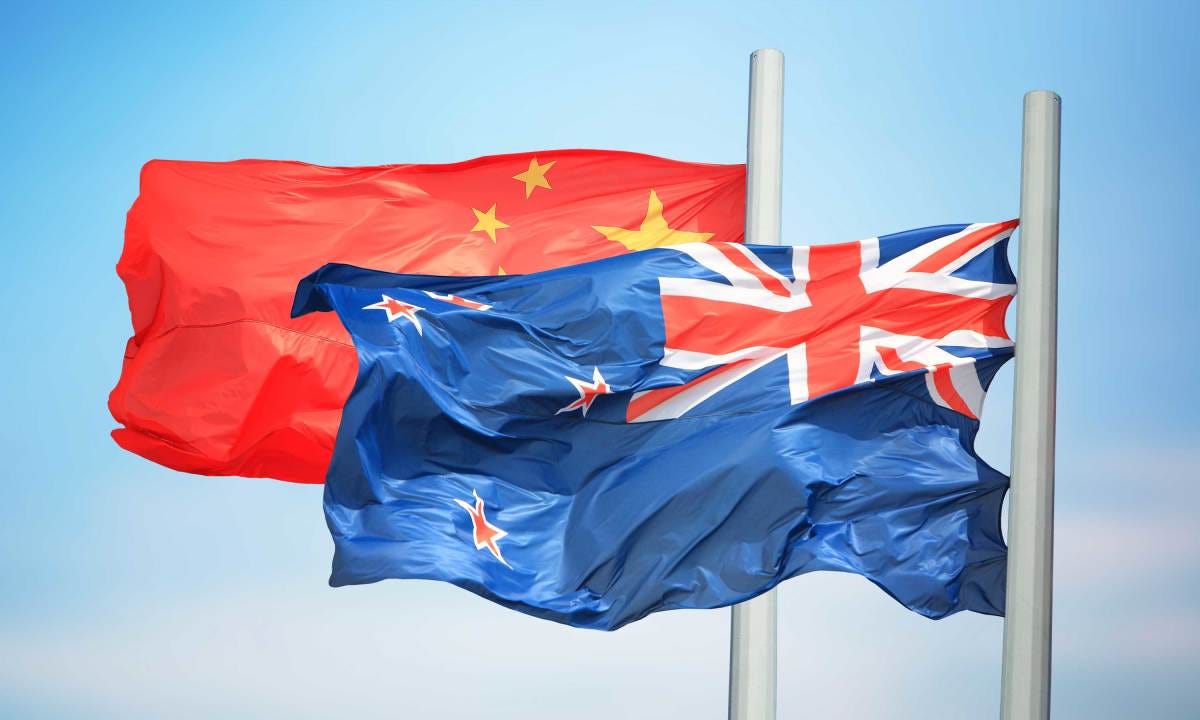Extraordinary blindness
A response to Helen Clark and Don Brash's outdated views on AUKUS, China, and New Zealand.
The recent opinion piece by Helen Clark and Dr Don Brash is extraordinary, and not in a good way (you can read here [paywalled unfortunately]). Like other former leaders writing on the China question, they are living in the past – drawing on old perspectives to address the very real global challenges of today. Yes, China is an important trading partner for New Zealand – our largest and most important, and we must do all we can to nurture this trading relationship. But simultaneously we need to acknowledge the Chinese Communist Party is also a challenge to the rule of law, democracy, and the international order both in the Pacific and here in New Zealand.
Foreign interference in New Zealand is well documented including in recent briefings to ministers; a healthy democracy was crushed by the CCP in Hong Kong; ministers and business people go missing in China when they are perceived to challenge the Communist Party; the Uighur situation is well-documented, as too repression of Tibetans and house Christians among others. And then there are the near daily threats against the people of Taiwan. Yet, complete silence on these matters in Clark and Brash’s writing. Just a focus on trade and money.
After the recent AUKUS discussions by Ministers in Australia, the local Chinese embassy implicitly threatened New Zealand’s trade. Put simply, they suggested that if New Zealand chooses (independently or otherwise) to engage the likes of AUKUS or even question China’s ambitions, then we will be punished via trade restrictions. How on earth is this a positive trading relationship where one side threatens the other? And yet Clark and Brash say nothing. Instead, they focus on and blame the United States for the growing challenges in the Indo-Pacific. They stretch even further to put this blame on former President Trump, despite the strategy preceding him by years and continuing under the Biden administration. It appears a rather cheap way to draw people’s ire of Trump to support their argument.
The most striking irony throughout their entire writing is that in arguing we need to be ‘independent’ from our traditional allies – the US, UK, Australia – New Zealand doesn’t appear to need to be ‘independent’ from China.
And this ultimately strikes at the heart of the very ‘independent foreign policy’ concept. No foreign policy is ever truly independent. If Clark and Brash have one aspect right, it is that New Zealand sits in a nexus of connections between countries and we must balance our wants and theirs. Every foreign policy action is a careful calculation that is everything but independent.
Sadly, the phrase ‘New Zealand’s independent foreign policy’ has often become an excuse to do little or nothing. It is a misplaced belief that ‘independence’ means siding with all or none, which is clearly impossible. Certainly we must put New Zealand’s interests first, but so do all countries. The very nature of foreign policy is how we balance our and others’ interests.
Whether joining the likes of AUKUS Pillar Two (which, for completeness, has nothing to do with nuclear technology) is good for New Zealand or not, is a debate that must be had. However, we need to debate based on the geo-political realities of today. The final extraordinary aspect of Clark and Brash’s writing is quoting Dr Kurt Campbell, the US Assistant Secretary of State in 2012. Yes, 2012! So much has changed since then, including a whole new global approach by China under President Xi. New Zealand will do well to base it’s foreign policy on what is happening here and now, not the mythologised views of an outdated past.


